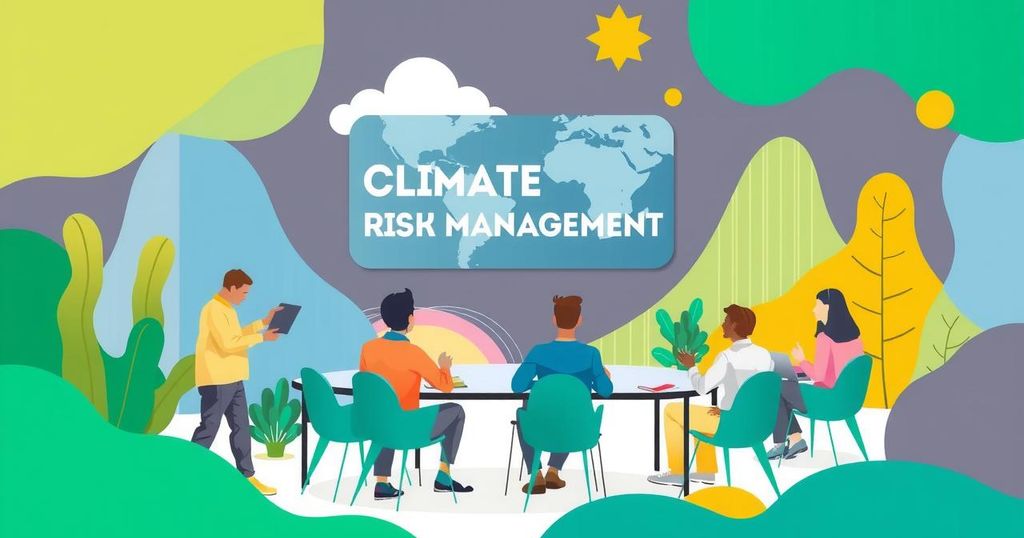The UNDRR, in collaboration with the GCF and BOAD, conducted a workshop in Incheon, South Korea, to enhance Togo’s climate risk management. The training, involving key national stakeholders, focused on disaster risk reduction tools and frameworks. It included practical sessions and visits to demonstrate effective emergency management systems. The initiative aims to develop Togo’s capacity in disaster preparedness and to ensure vulnerable communities are adequately supported.
From April 8 to 11, 2025, the United Nations Office for Disaster Risk Reduction (UNDRR), in collaboration with the Green Climate Fund (GCF) and the West African Development Bank (BOAD), conducted a workshop in Incheon, South Korea. This training was aimed at enhancing disaster risk management and climate resilience in Togo through the recently approved GCF co-funded project, focused on assisting vulnerable communities in high-risk areas. The event involved key stakeholders from Togo, enhancing their capacity and technical knowledge pertinent to the project’s objectives.
During the workshop, representatives from Togo’s essential institutions participated, including the National Agency for Civil Protection (ANPC), the Togolese Meteorological Agency (ANAMET), and the Ministry of Environment and Forest Resources (MERF). Sessions addressed critical themes including disaster risk reduction (DRR), climate change adaptation (CCA), multi-hazard early warning systems (MHEWS), and gender equity. Participants also examined international frameworks such as the Sendai Framework and the Paris Agreement, which support structural financing for Togo’s GCF co-financed initiative.
The workshop introduced practical tools relevant to implementing the GCF project, including the Sendai Framework Monitor Custom Indicators and the Disaster Resilience Scorecard. Technical partners shared examples and methodologies from the Early Warnings for All Initiative. The event also featured contributions from the Republic of Korea, which showcased its advanced integrated disaster management systems and communication tools that exemplified the operational effectiveness of early warning protocols.
On the final day, participants visited the Incheon Metropolitan City Safety Situation Division, which illustrated urban resilience strategies in practice. The visit featured demonstrations of integrated monitoring, flood sensors, and automated detection systems. Participants expressed how the visit inspired their prospective operations and the establishment of a data collection network in Togo, aligning with UNDRR’s efforts in supporting disaster readiness.
The workshop concluded with discussions on implementing the SAP048 project in Togo, emphasizing national and international cooperation. Trainees demonstrated a commitment to applying learned methodologies and facilitating further training sessions for Togo’s stakeholders. This initiative marks a significant step in Togo’s journey toward enhanced climate resilience, ensuring timely and effective early warnings reach at-risk communities.
In conclusion, the collaborative workshop led by UNDRR, GCF, and BOAD represents a vital step in strengthening Togo’s climate and disaster risk management strategies. The training empowered key stakeholders with contemporary tools and methodologies, while practical field experience illustrated effective disaster management systems. The commitment to national implementation of the SAP048 project indicates a progressive movement toward building resilience in Togo’s vulnerable communities.
Original Source: www.preventionweb.net






